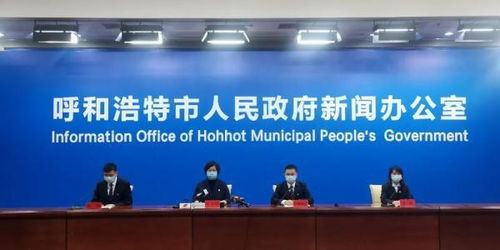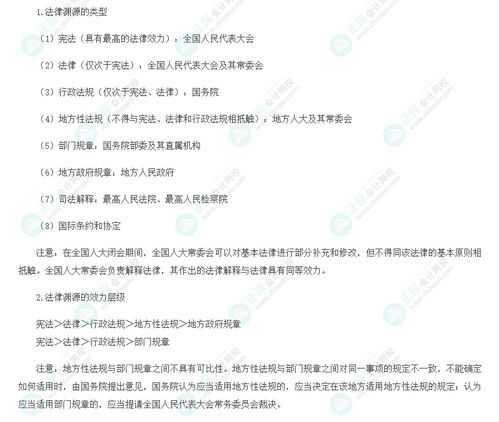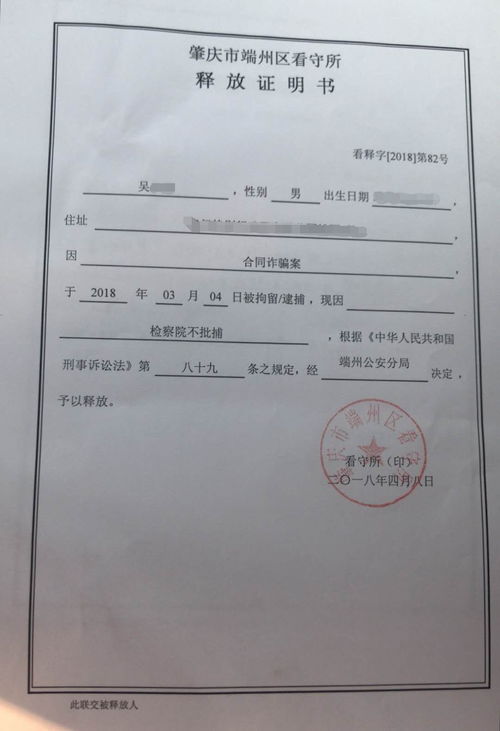古交和交城的关系
Title: Understanding Legal Relations in Ancient China
In ancient China, legal relations were profoundly influenced by philosophical, social, and political structures. The dynamics of legal relations in the ancient town of Gujiao offer valuable insights into the intricate workings of justice and governance during that era. Let's delve into the key aspects of legal relations in ancient Gujiao.
Legal Framework:
In ancient China, legal relations were governed by a complex framework of laws and regulations. The legal system was deeply rooted in Confucianism, which emphasized filial piety, social hierarchy, and moral virtues. Legal codes, such as the Tang Code and the Ming Code, provided guidelines for governance and justice administration.

Social Structure:
Social hierarchy played a crucial role in legal relations. The feudal system divided society into distinct classes, with the emperor at the apex, followed by officials, scholars, farmers, artisans, and merchants. Each class had its rights and responsibilities, and legal relations were often influenced by one's social status.
Legal Institutions:
In ancient Gujiao, legal affairs were managed by various institutions, including local magistrates, county offices, and imperial courts. Magistrates were responsible for adjudicating disputes, enforcing laws, and maintaining order within their jurisdiction. They were appointed by the central government and wielded significant authority.
Legal Disputes:
Legal disputes in ancient Gujiao encompassed a wide range of issues, including land disputes, contract breaches, criminal offenses, and family conflicts. Disputes were typically resolved through mediation, arbitration, or adjudication, depending on the nature and severity of the case.
Legal Procedures:
Legal procedures in ancient China followed a formalized process, which involved the presentation of evidence, examination of witnesses, and deliberation by the magistrate or judge. The principles of fairness, impartiality, and integrity guided the legal proceedings, ensuring justice for all parties involved.
Penal System:
The penal system in ancient Gujiao was characterized by a combination of corporal punishment, fines, exile, and imprisonment. Punishments varied depending on the severity of the offense and the social status of the offender. Capital punishment was reserved for serious crimes such as treason, murder, and rebellion.
Legal Philosophy:
Legal relations in ancient Gujiao were deeply influenced by Confucian philosophy, which emphasized the importance of social harmony, ethical conduct, and filial piety. The concept of li, or ritual propriety, governed human interactions and shaped the moral fabric of society.
Legacy and Impact:
The legal relations in ancient Gujiao left a lasting legacy on Chinese law and governance. Many of the principles and practices established during that era continue to influence modern legal systems in China and other East Asian countries.
Guidance for Modern Times:
While the legal landscape has evolved significantly since ancient times, there are valuable lessons to be learned from the legal relations in ancient Gujiao. Principles such as fairness, justice, and ethical conduct remain as relevant today as they were centuries ago. By studying the past, we can gain a deeper understanding of the complexities of legal relations and strive to create a more just and equitable society.
In conclusion, legal relations in ancient Gujiao were shaped by a combination of social, political, and philosophical factors. The legacy of ancient Chinese law continues to resonate in modern times, serving as a testament to the enduring principles of justice and governance.











